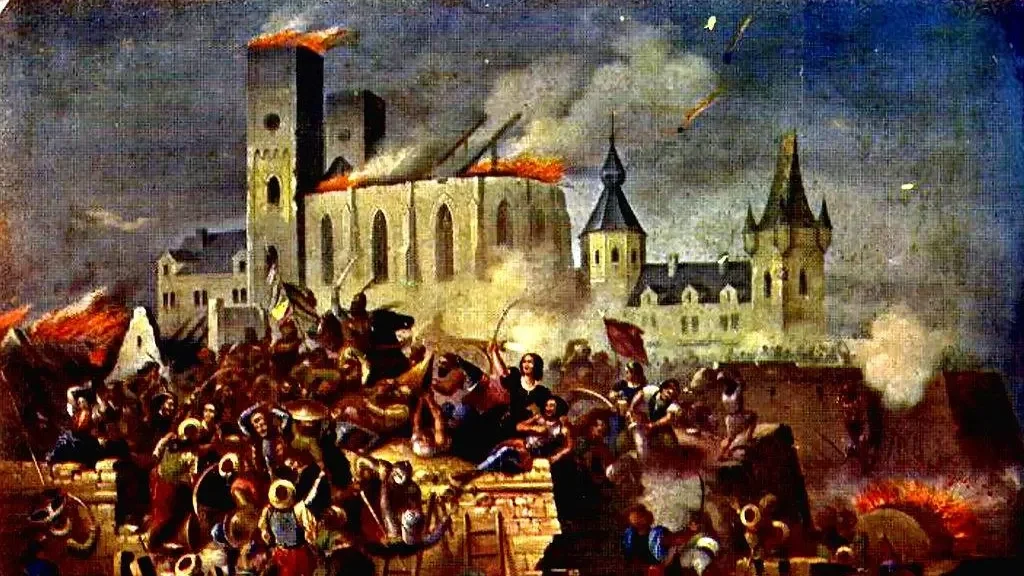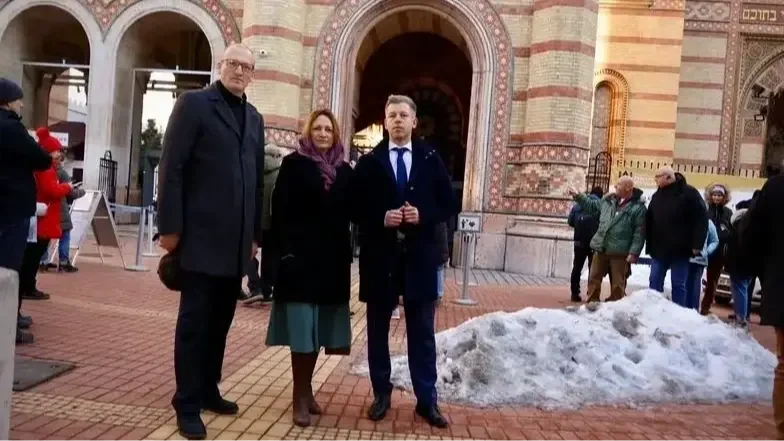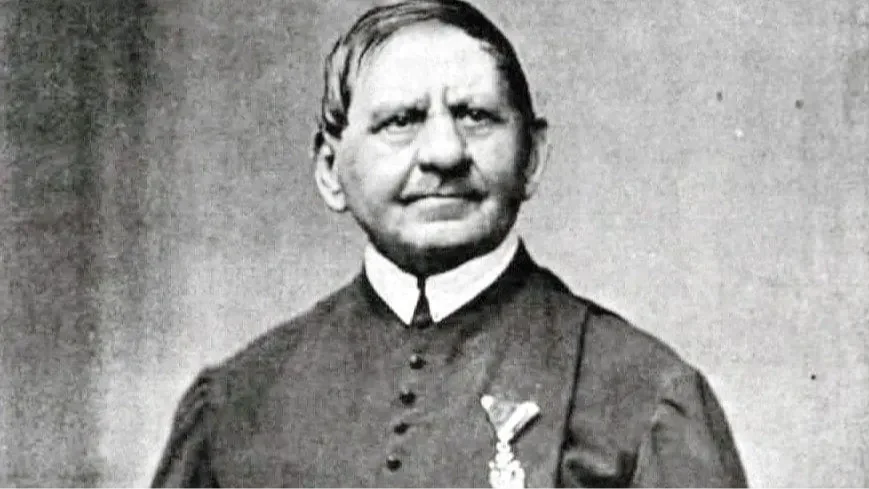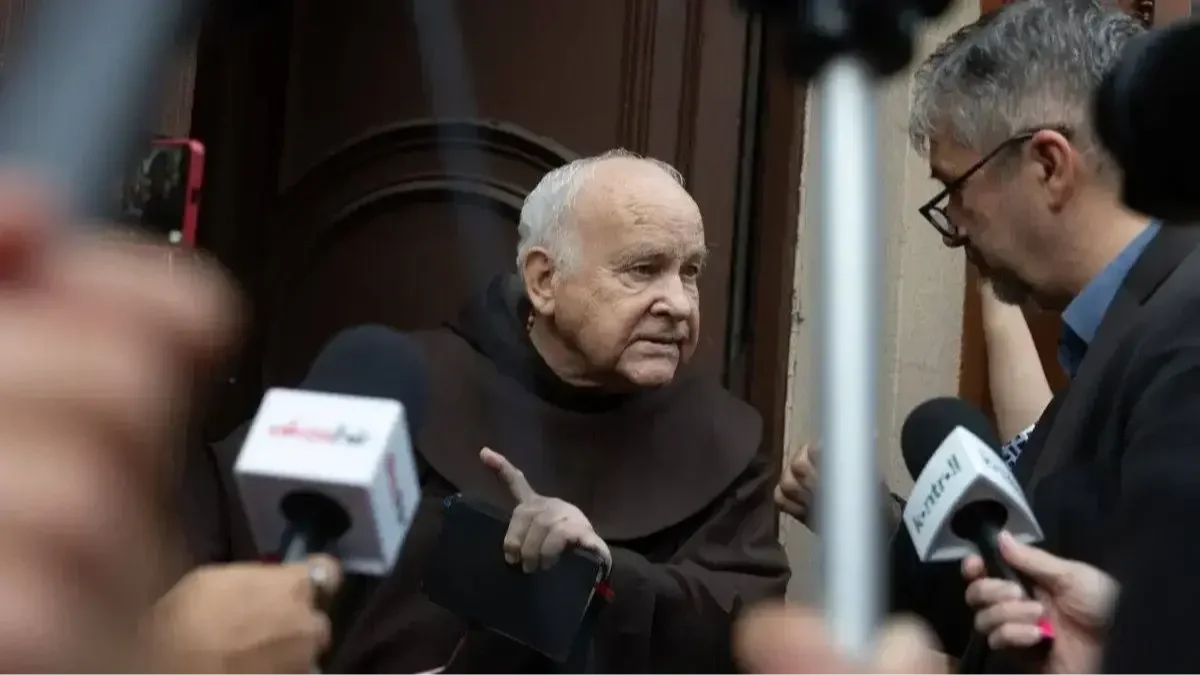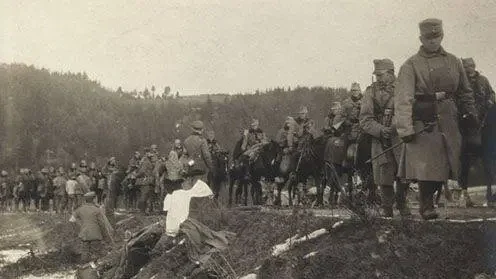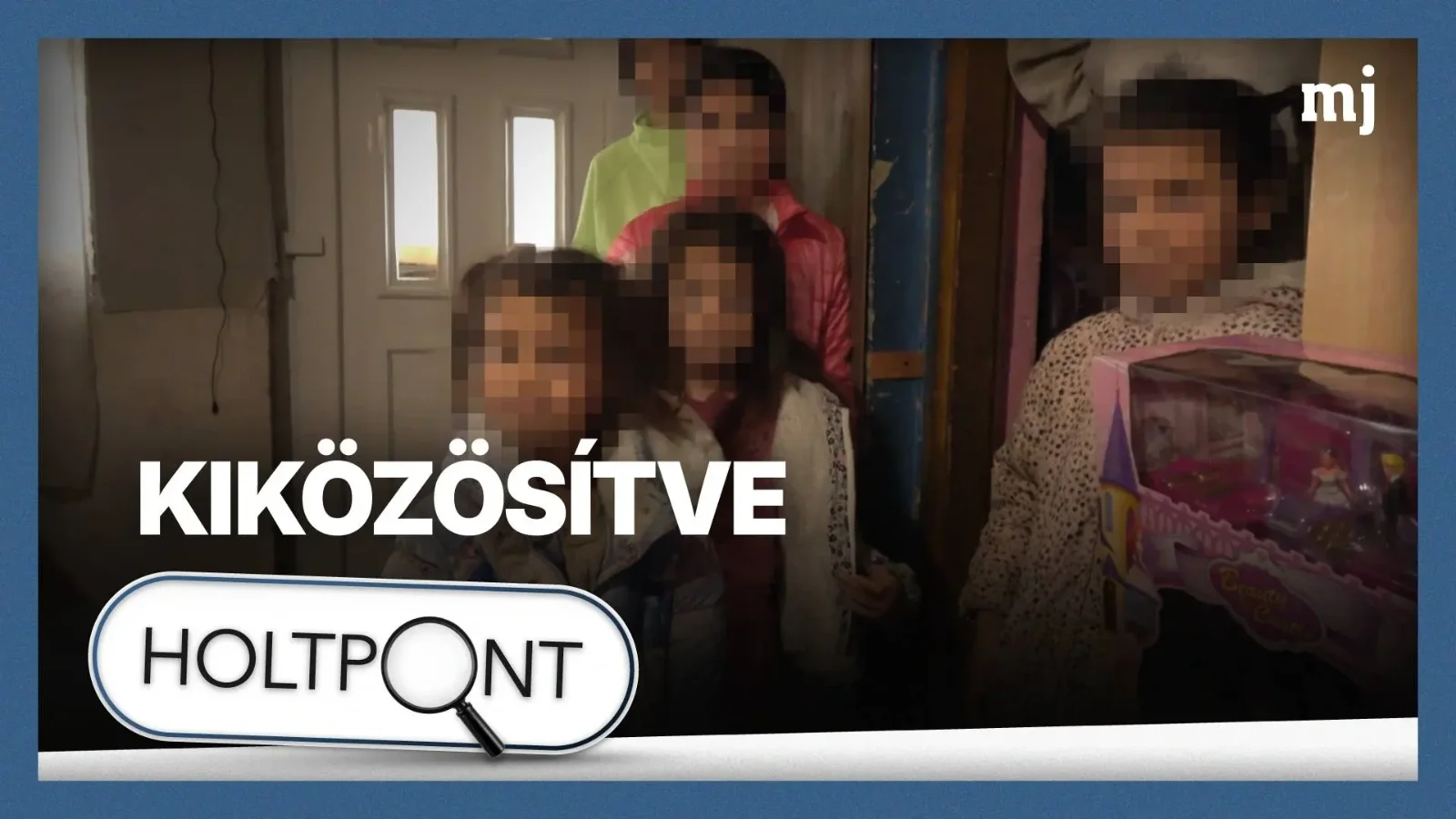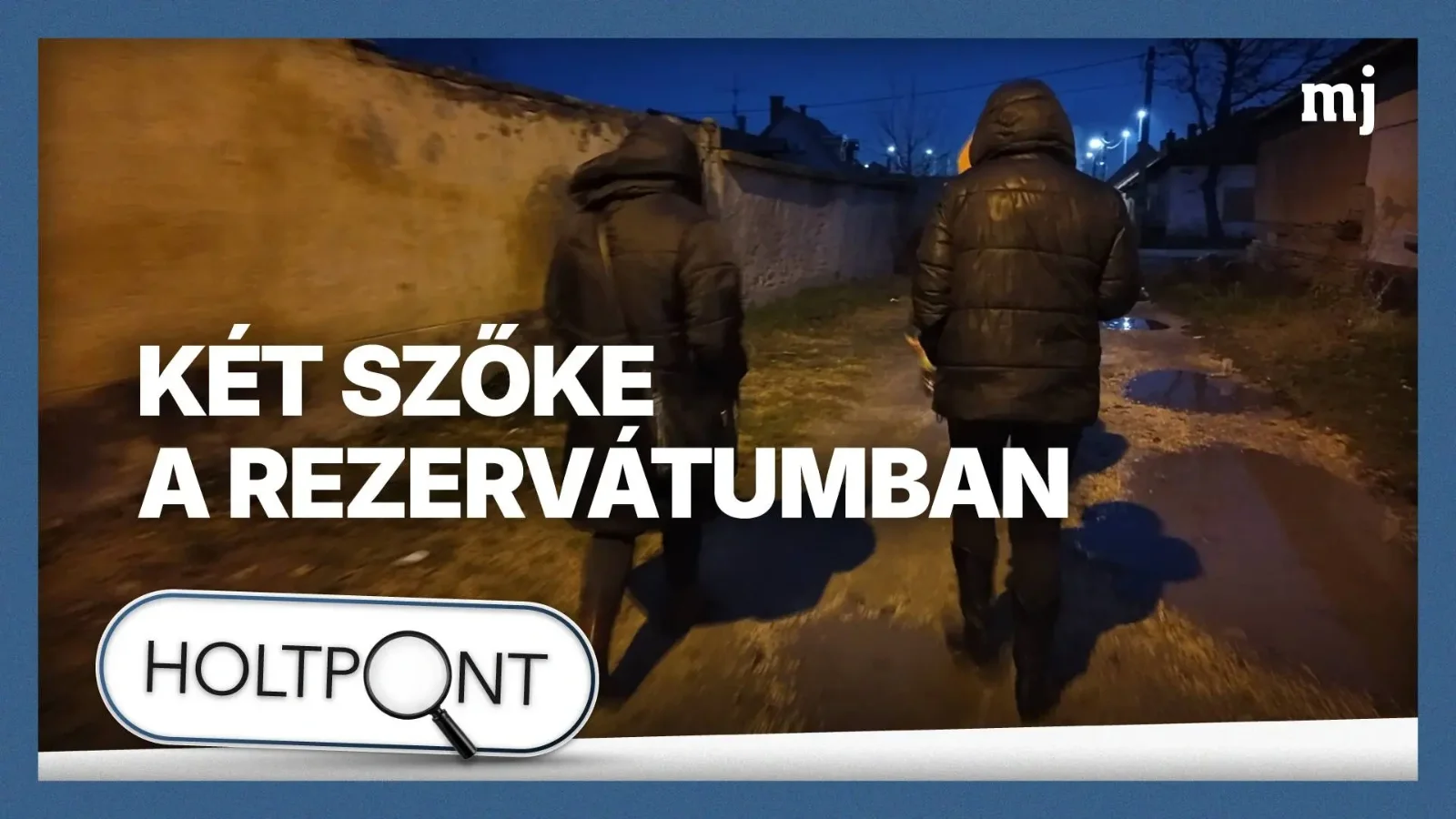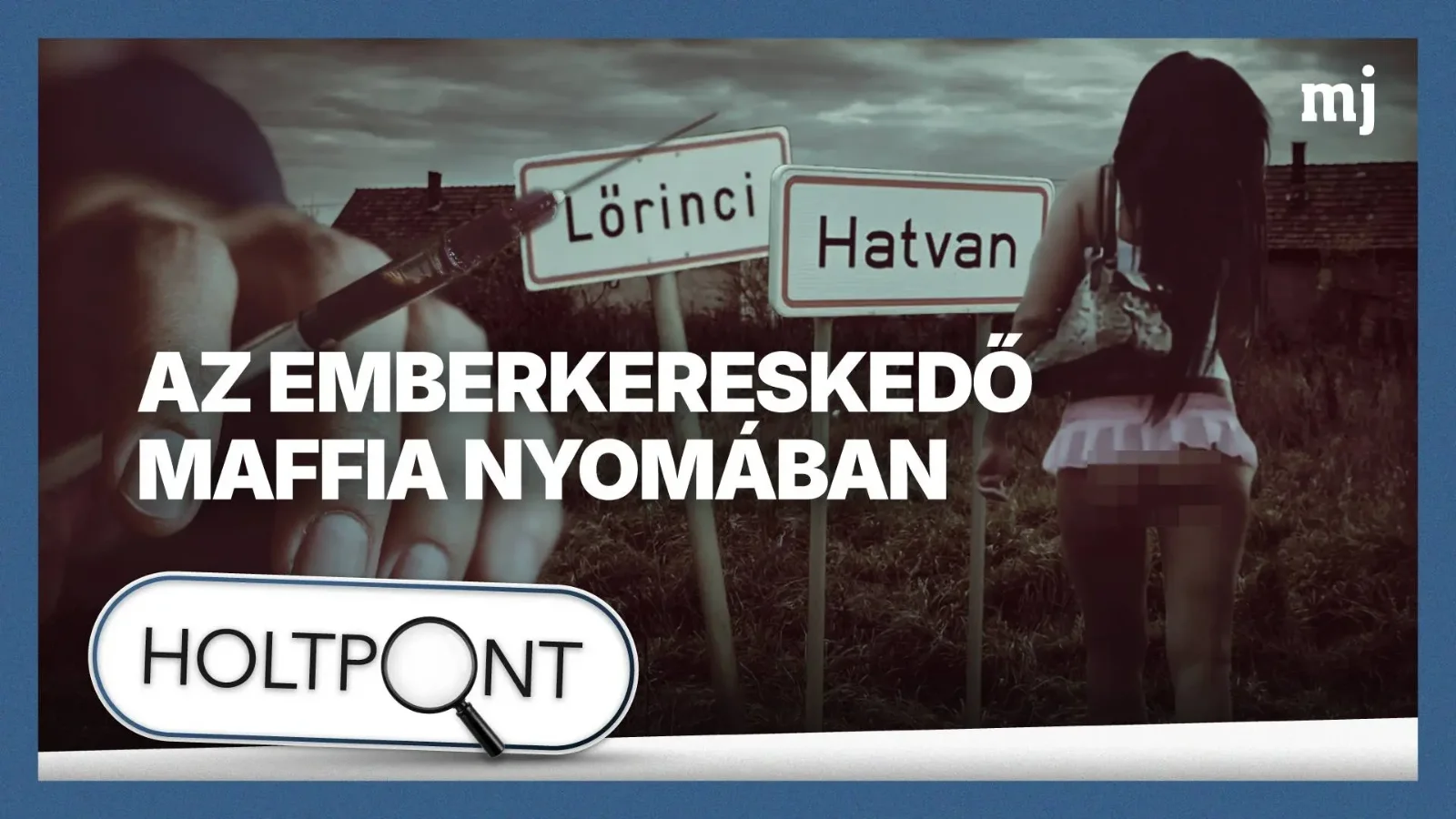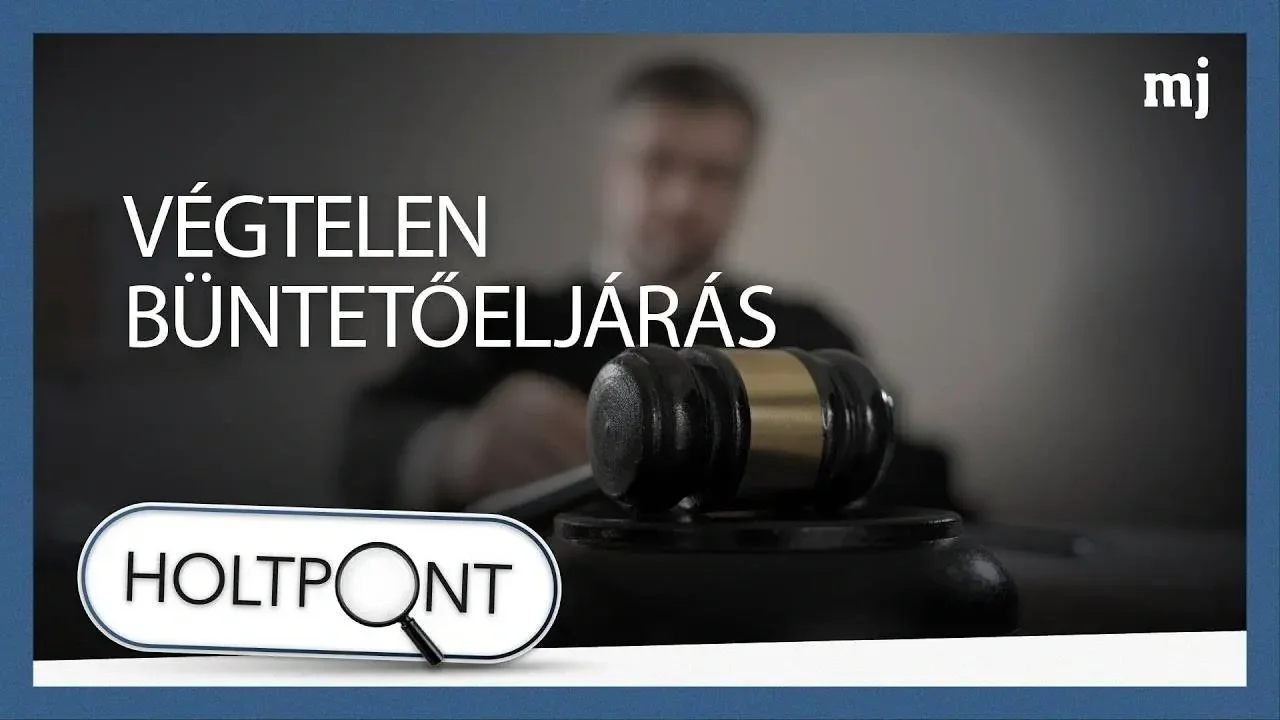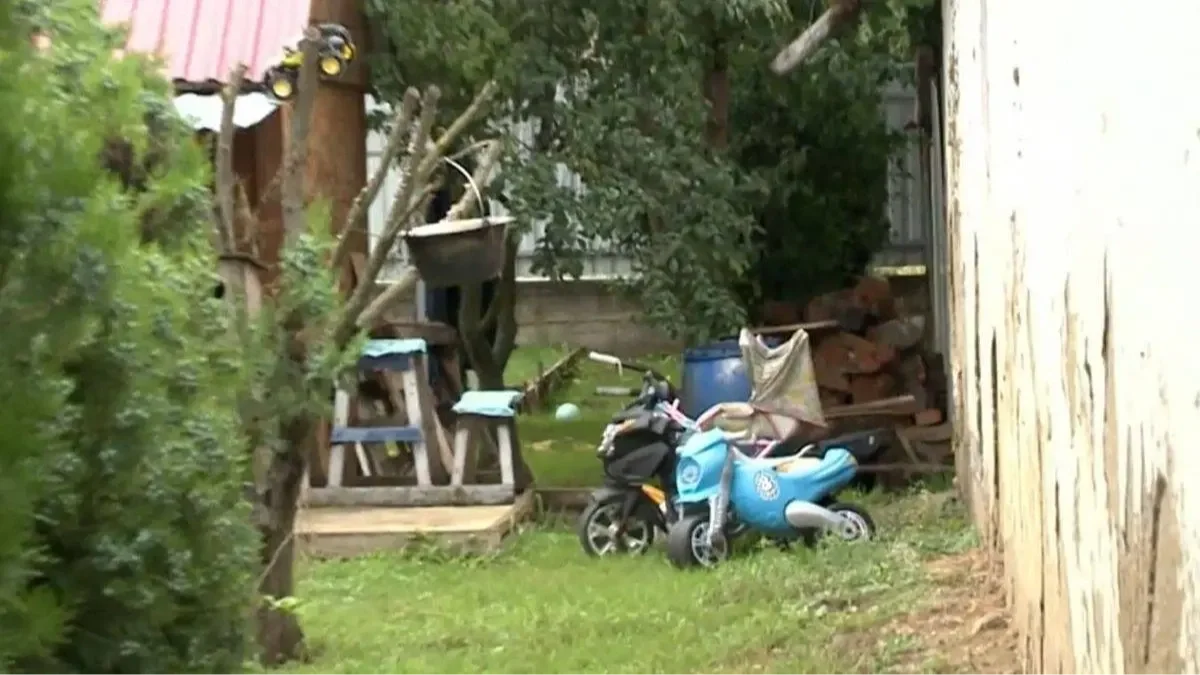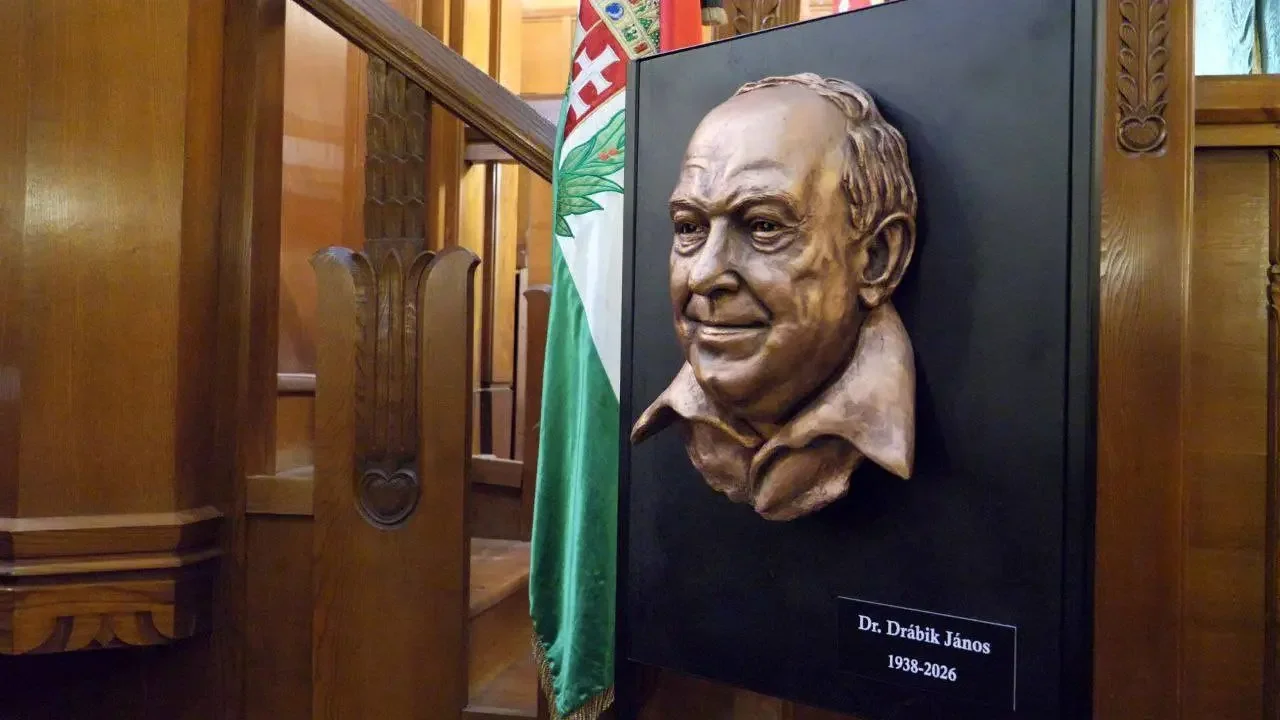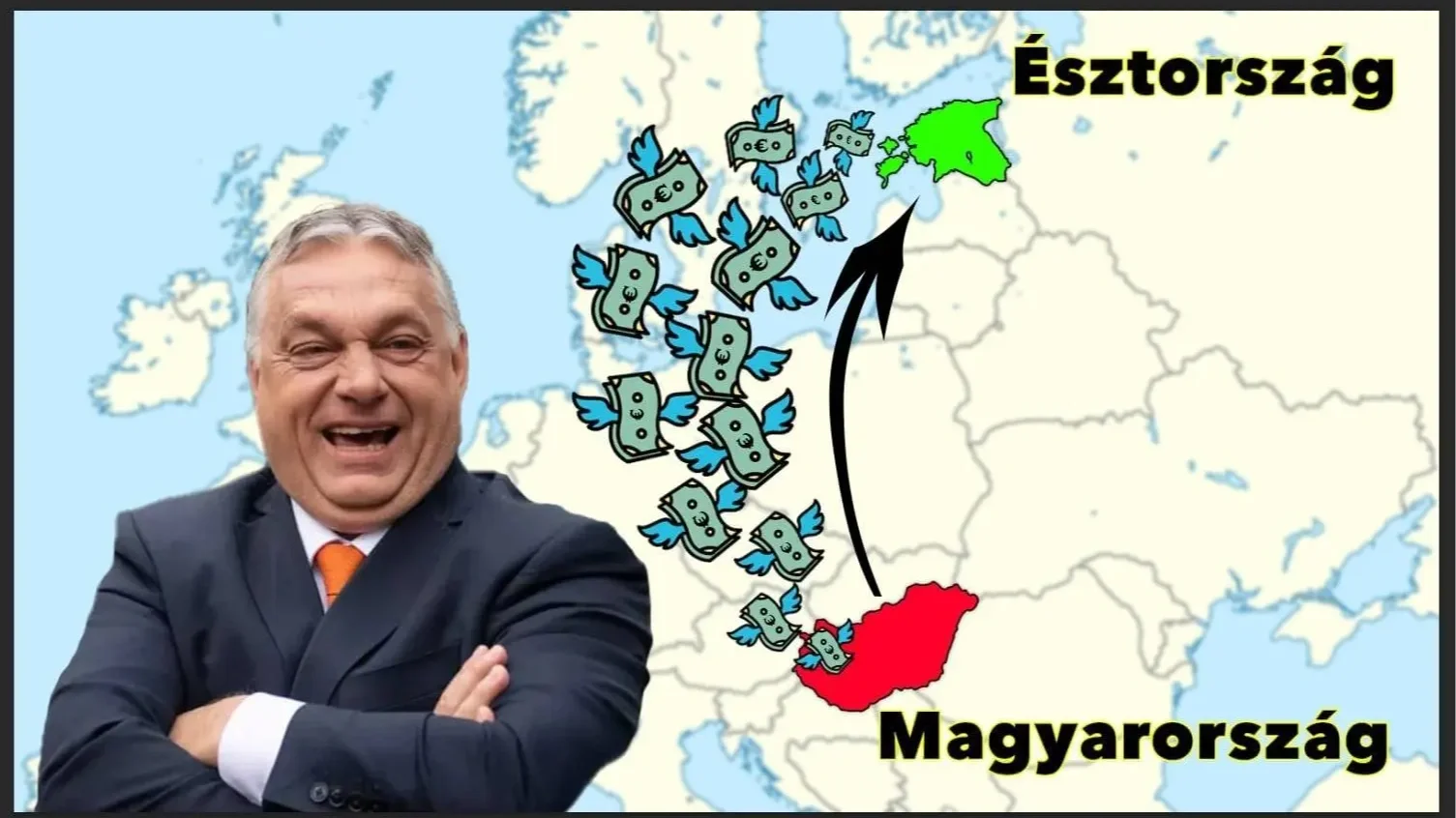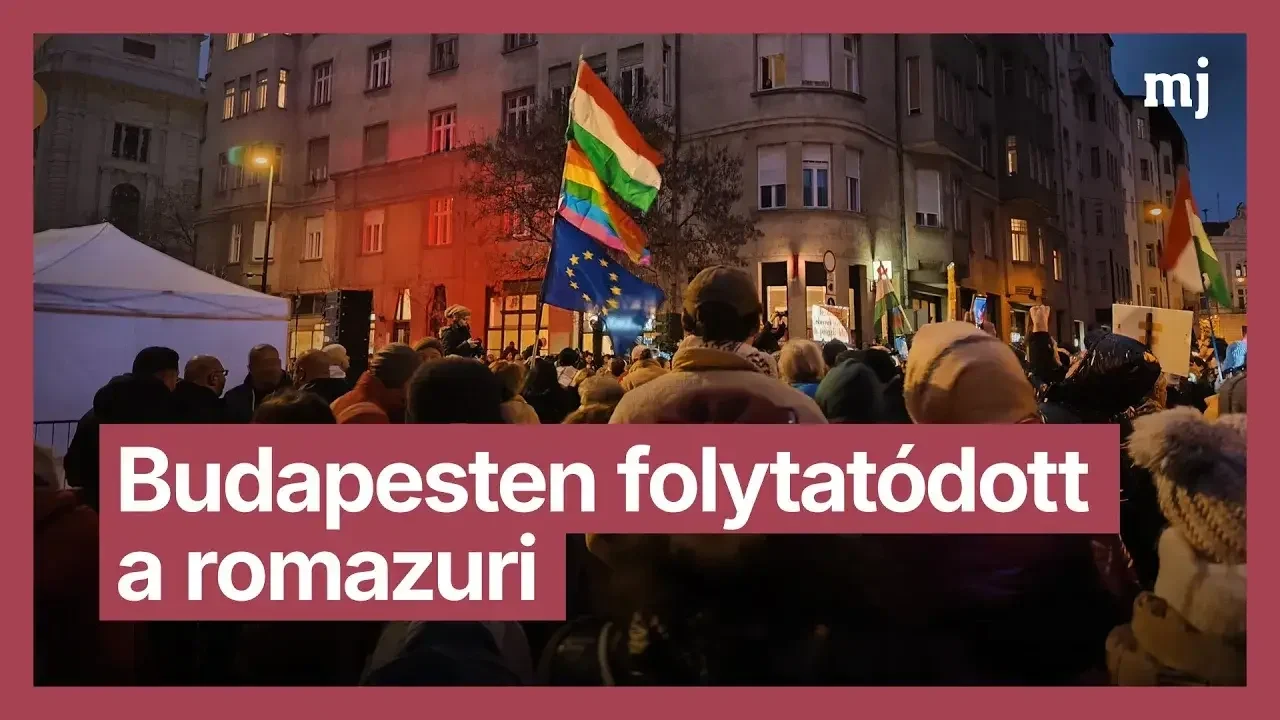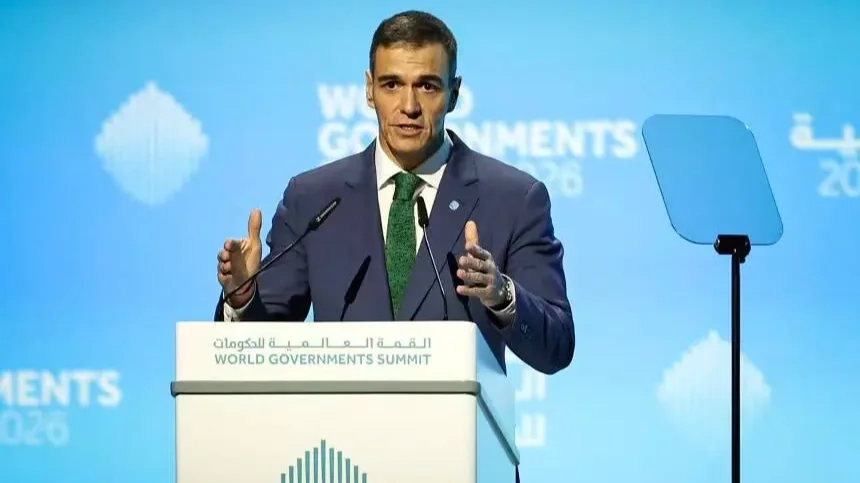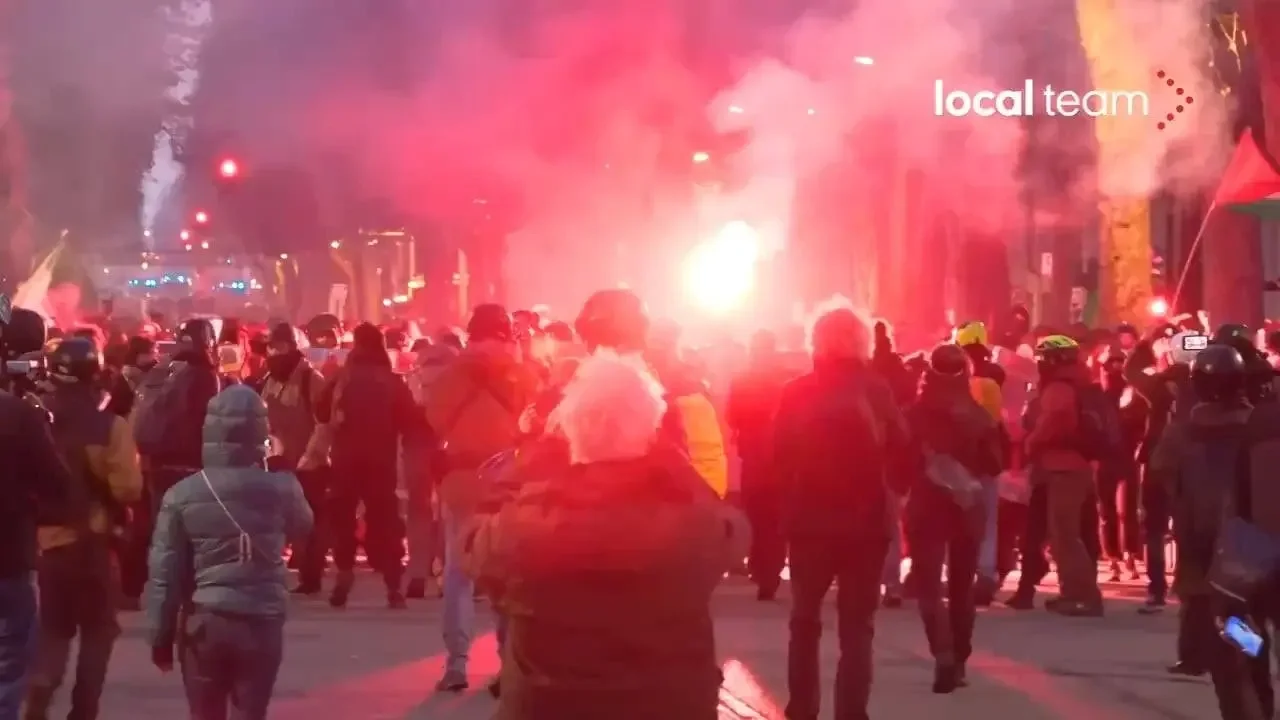After November Fourth: The Other Face of Hungarian Heroism
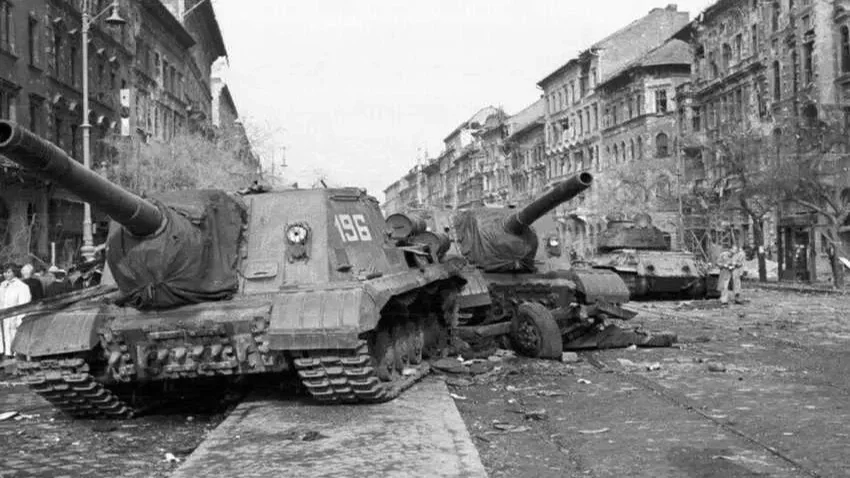 Source: toriland.hu
Source: toriland.hu
Translation of an article originally published in Hungarian by Magyar Jelen on November 4, 2025 by Erika Vasvári.
At five o'clock on the morning of November 4, Ferenc Münnich read out over Ungvár Radio an open letter to the working people of Hungary from the Soviet-appointed puppet government, the Hungarian Revolutionary Worker-Peasant Government. János Kádár signed the letter. At the same time, a massive Soviet military offensive began against the freedom fighters.
Armed resistance at Budapest's Széna Square ended on November 6, but gunfire continued intermittently throughout the country for days afterward.
The last armed clash took place in Csepel on November 11.
From several cities—Tatabánya, Miskolc, Pécs, Keszthely, Szekszárd, and Sátoraljaújhely—armed young fighters, workers, and national guardsmen retreated into the surrounding forests and mountains, while demonstrations and workers' councils kept the spirit of national resistance alive well into December.
"Hopelessness and the overwhelming odds drove some resistance groups to even more desperate fighting. But after crushing the armed resistance, the regime had to contend with society itself. In this too, the Hungarian Revolution set an example for humanity. National resistance truly came into its own when Soviet tanks had seemingly plunged the country into a deathly silence," István Csurka said in 1998 at Heroes' Square, speaking at a rally of the Hungarian Justice and Life Party (MIÉP) commemorating the 1956 Revolution. He continued:
"But there is another side to Hungarian heroism that emerges amid defeat and abandonment, one just as unmatched as the courage of the kuruc warriors."
No other people in Europe had to suffer such unbridled terror, such degradation reaching into the deepest corners of the soul, such a succession of executions, imprisonments, and the stripping away of livelihoods, all in utter isolation, as the Hungarians endured in 1957, 1958, and 1959.
He defined the enduring mission of national radicalism and the legacy of 1956 as that national resistance which emerged after November 4:
"Only now do we realize that we are not just a revolutionary people, but also a surviving people."
"And we must embrace both of these traits at once, because we have entered a time when revolution is neither possible nor sensible, but survival is still a fundamental necessity... We must understand that today, survival requires different tactics, but just as much resolve, courage, and heroism as in 1956. We must arm ourselves morally, and fortify our faith," he said in his commemorative speech.
"No bright twenty-first century awaits us if we don't get our act together. We can be occupied again, our wealth seized, our land colonized, ourselves turned into servants," warned the former fighter, stressing the importance of the national radical cause.
"We fought our revolution, but we have not yet won the fight for survival. We still live in a quagmire. The sons and daughters of the secret police thugs who crushed 1956, their opportunistic hangers-on, are still breathing down our necks. A new form of foreign power is robbing us, stealing and selling off our treasures, feeding off our labor, and controlling the minds of the masses. Our survival has become uncertain once more."
Every honorable Hungarian carries the legacy of 1956 in their hearts, but in the twenty-first century, only those who back it up with their deeds in national resistance against globalism truly live by it.
Note: The "kuruc" were Hungarian freedom fighters who resisted Habsburg rule in the late 17th and early 18th centuries, representing grassroots resistance against foreign rule in Hungarian historical memory.
Az X- és Telegram-csatornáinkra feliratkozva egyetlen hírről sem maradsz le!Mi a munkánkkal háláljuk meg a megtisztelő figyelmüket és támogatásukat. A Magyarjelen.hu (Magyar Jelen) sem a kormánytól, sem a balliberális, nyíltan globalista ellenzéktől nem függ, ezért mindkét oldalról őszintén tud írni, hírt közölni, oknyomozni, igazságot feltárni.
Támogatás
